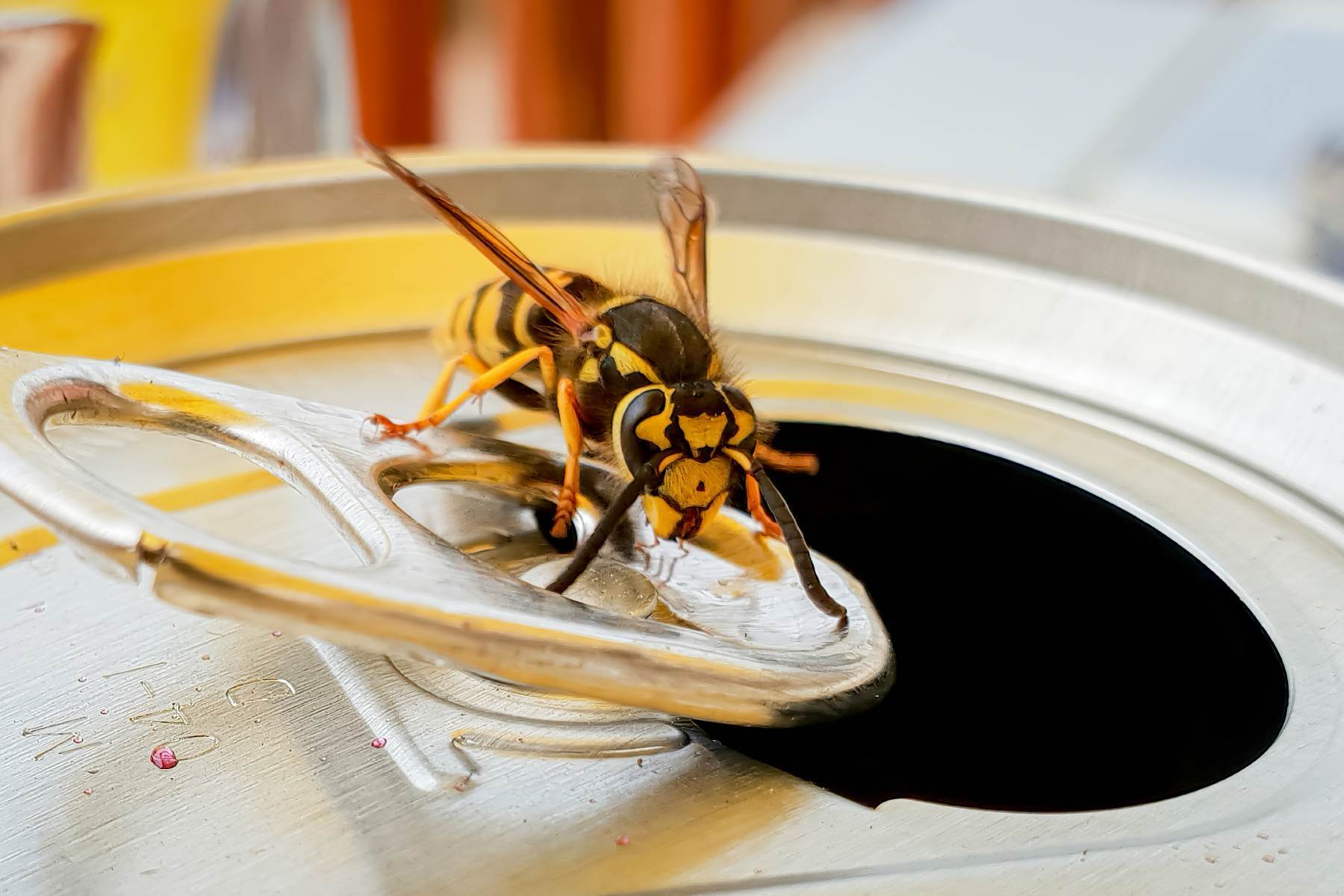
"I t feels like a cruel irony: at the height of the insect apocalypse, as butterflies and bees and countless more bugs around the world die off, wasps are mostly doing just fine. In fact, they're absolutely thriving. Several studies from recent years suggest this heat-loving insect is expanding its footprint across Europe and North America. Of all the creatures to win the climate lottery."
"I should clarify that, by "wasps," I mean the human-stinging variety we also call "yellowjackets" and "hornets." Both of those names actually encompass a number of similar-looking species, but altogether, the stinging demons that swarm our picnics comprise a tiny percentage of the world's thousands of wasp species, the great majority of which do not sting people. Many can't even sting. Some are too tiny for us to notice; the body length of a "fairy wasp," the world's smallest known insect, is a tenth of a millimetre, roughly the width of a human hair."
"The yellowjacket variety-the creature you think of when you hear "wasp"-may hurt us from time to time, but they could be a great deal worse. If you want a real horror show, look up the parasitic kind of wasps. Those are the ones that lay their eggs inside live caterpillars and other creatures. When the eggs hatch, the tiny wasp larvae eat their hosts alive from the inside out. This discovery so disturbed Charles Darwin that it made him question his belief in God; it also inspired the "chest burster" scene from Alien."
Heat-loving wasps are thriving even as many other insects decline, with studies indicating range expansion across Europe and North America. The human-stinging varieties called yellowjackets and hornets are only a small fraction of thousands of wasp species, and most wasps do not sting; many cannot, and some are microscopic. Parasitic wasps lay eggs inside living hosts; larvae consume hosts from the inside, a phenomenon that alarmed Charles Darwin and influenced pop-culture horror imagery. A nine-year-old remains traumatized after a double sting received three years earlier, illustrating personal fear amid broader ecological shifts.
Read at The Walrus
Unable to calculate read time
Collection
[
|
...
]